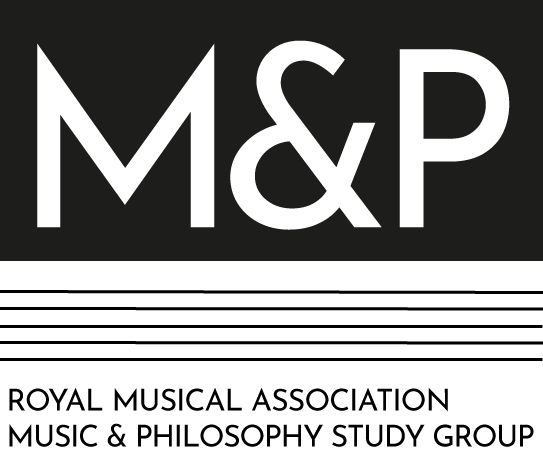Hearing the Voice, Hearing the Soul
Warwick University, Institute of Advanced Study (IAS)
Millburn House, Millburn Hill Road, Coventry
5th of June 2015, 10am-6pm
Organized by Jacomien Prins
Call for Papers
Symposium ‘Hearing the Voice, Hearing the Soul’
Just as music has fascinated scholars in the Western world continuously for thousands of years, so time and again they have felt the need to explain its power. At the end of his Dialogue on Ancient and Modern Music (1581), Vincenzo Galilei, for example, compared the breaking of the voice of a boy in his puberty with the declining beauty of an aging woman. Both phenomena were deemed of no importance, because he associated beauty with a perfect world beyond the senses: just as “the female face will always maintain its desirable proportion of lines and colours that converge to form its beauty” (…) “hoarseness and a voice’s mutation can not divest someone of knowledge”. The book Seeing the Face, Seeing the Soul (ed. Simon Swain, 2005) has already addressed the history of ways of reading character from physical appearance. Recent scholarly developments in the interdisciplinary field of ‘the history of music and philosophy’ suggest that the time may now be ripe for an aural variation on this theme, that is to say, a symposium on the history of the relationship between music and the soul to cross-fertilize ideas and provide new insights on the subject. During the Renaissance a revival of interest for ancient theories about the power of music began. Many philosophers, humanists and music theorists writing about music found themselves caught in the Plato-Aristotle controversy. They had to make a choice between two radically different theories of the constitution of the human soul: a Platonic one, originating from the Timaeus, which stated that music has a great influence on the human soul because they are somehow similar, and an Aristotelian one, originating from On the Soul, which did not postulate any special relationship between music and the soul. Privileging one philosophical model over the other brought along entirely different beliefs about the nature of music, what it does, or what it should do. The body of doctrine around these two sources, combined with Christian ideas about music and the soul and all kinds of medical and musictheoretical ideas was pervasive. It united theories of music, the music/song of the soul and musical practices. It, moreover, shaped ways in which music was seen as an embodiment of two worlds; one accessible to the senses, the other – be it inside or outside a human being – not. And yet, by the beginning of the eighteenth century, to learn about music’s power meant turning not to these ancient sources and their reception, but to works on the soul such as Descartes Passions of the Soul and Hobbes’ Human Nature. Although steeped in the culture of humanism, moreover, in this time writers on the subject appealed not to the authority of ancient and Christian doctrine as the starting point for their enquiries, but to musical experience and practice as they saw it.
The purpose of this symposium is twofold: (1) to track and to interrogate the nature, life span, and eventual radical transformation and/or demise of ancient, medieval, and Renaissance conceptions of the belief in music’s deep connections with human life; and (2) to develop conceptual frameworks, research methods and future directions in the field, which will be used to formulate a coherent programme for the international conference ‘The Music of the Soul’, which will take place in Warwick’s Palazzo Papavava, Venice, in May or June 2016. Though grounded in philosophy and musicology, the symposium hopes to foster dialogue among scholars from across the humanities. Possible topics may include, but are by no means limited to, the following:
- Musical models of the soul (including criticism and debate about their status)
- Music as a means of conceiving the inconceivable
- Music, reason, imagination, and the sense of hearing
- Music and memory
- Musical dreams and ecstasy
- Doctrine of musical ethos
- Health as a harmony (e.g. as a solution to the mind-body problem)
- The self as musical activity (: discovery or invention/construction?)
- Music therapy, practices of musical healing
- Music, lovesickness, melancholy, and nostalgia
- Music and the pursuit of happiness
Please submit titles (along with a brief abstract) for 30-minute papers to
j.w.prins@warwick.ac.uk by 31 January 2015.




